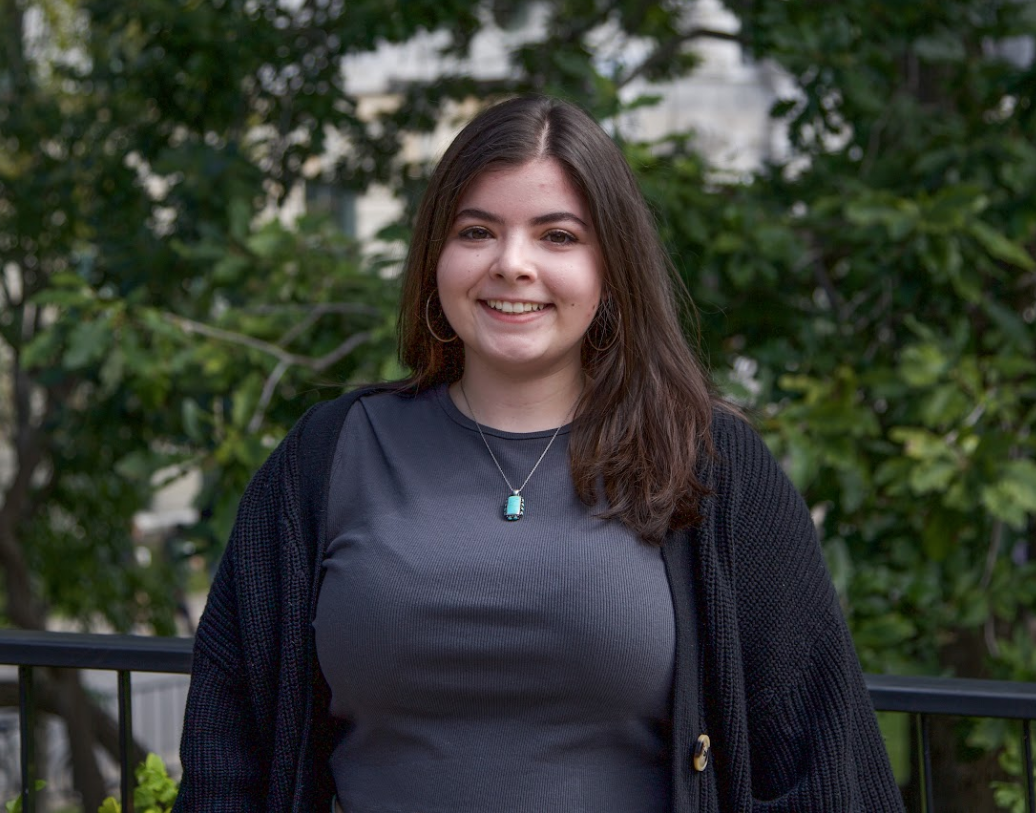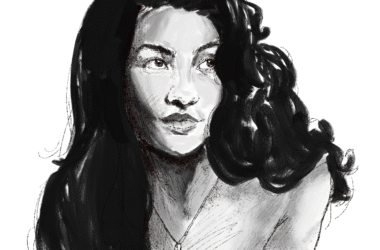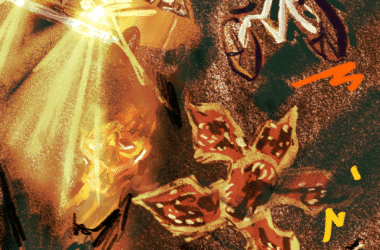Although the COVID-19 pandemic has considerably hindered live theatrical productions at McGill this year, Tuesday Night Cafe (TNC) Theatre has persevered. State of Denial, written by Rahul Varma and directed by Zachary Couture, U3 Arts, was TNC’s first production of the year, and instead of taking to the stage, it took to the radio waves. State of Denial premiered on Oct. 29 on SoundCloud and was broadcast on McGill’s radio station, CKUT 90.3 FM until Nov. 6.
The play is primarily set in 1996, and follows Odette (Emily-Rose Njonde, U1 Arts), a Rwandan-Canadian documentarian who travels to Turkey to record stories about the Armenian genocide for a film project. After meeting Sahana (Andrea Kilajian, U4 Arts), an elderly Muslim woman, she is shocked by Sahana’s stories of the Armenian genocide. Odette becomes determined to share Sahana’s stories with the world, no matter the cost.
Each act of the play was approximately an hour long, broken into a Thursday evening performance of Act I, followed by a Friday matinee performance of Act II. While the auditory medium of radio had the potential to alienate actors and audiences, the cast successfully adapted to the format. The pacing of the recording felt natural, and the use of sound effects greatly enhanced the listening experience for viewers. The narrator, voiced by Max Clark, U3 Arts, grounded the play’s context and made the transitions and settings of the show easier to understand.
State of Denial deftly examined the heavy material of state-sanctioned mass murders and genocides. The production did an excellent job of addressing grave topics by effectively balancing the necessary facts and the nuanced emotions of the characters and story, providing the right amount of information without feeling like a textbook history lesson. Couture excellently wove together the plays’ myriad of narratives. Although Odette’s actions spur the plot progression, it is her close relationship with Sahana that changes the course of both of their lives and the emotional centre of the play. The similarities in the characters’ experiences are slowly revealed, bridging the individual gaps between the Armenian and Rwandan genocides to reach a larger theme of shared experiences of trauma.
Though State of Denial relies on specific historical narratives, the play does not simply act as an educational lesson: Its ability to maintain a strong narrative structure through Couture’s direction and the efforts of the cast creates an emotionally resonant core.
In dealing with such serious topics, the production respectfully navigated its subject matter for both the performers and the audience. In one scene, Sahana tells Odette the story of an Armenian girl named Sinam, who had experienced firsthand the horrors of the genocide and the lack of accountability taken for it by the Turkish government. Sinam’s story is extremely heartbreaking and graphic, with the narrator giving a trigger warning in the middle of the scene. This interruption did not disrupt the flow of the show, and provided needed context for the audience’s wellbeing. Despite taking place far away from the other contexts of the play, the raw and brutal truth of Sinam’s story resonates equally with the other characters and the audience.
The denial alluded in the play’s title becomes apparent as audiences listen to all the characters shielding different truths in different ways. From the state ignorance and violence that allow for genocides to occur, to the evasions and ignorance over individual identities, practically everyone in the play denies something about themselves. The show cautions against this notion, demonstrating that the only way to genuinely move forward from horror and tragedy is to be internally and externally truthful.










